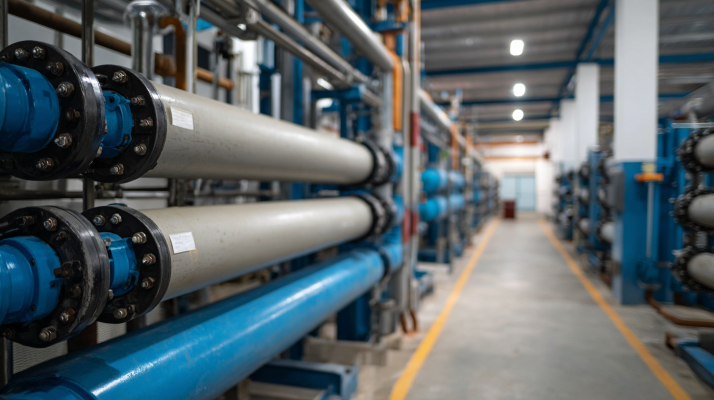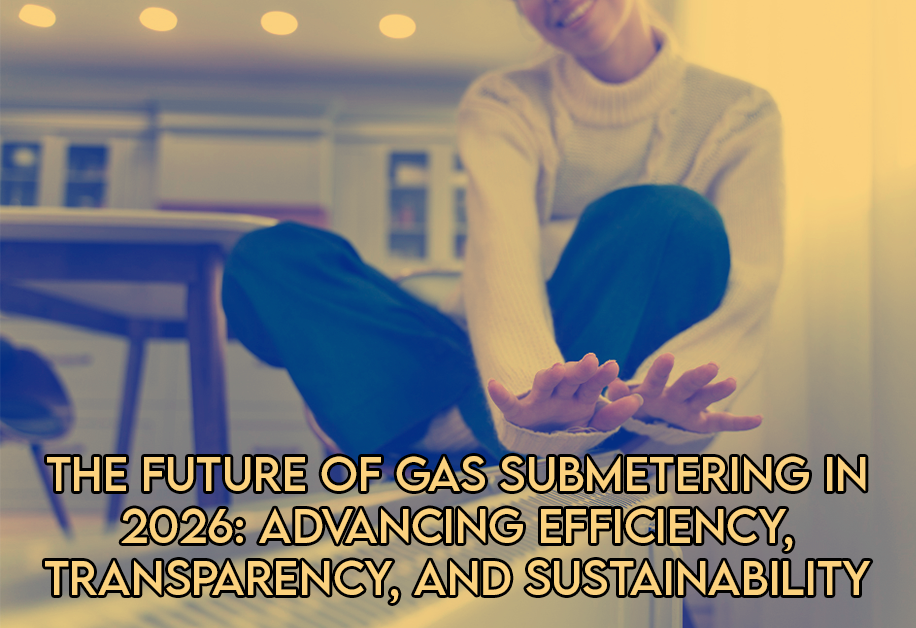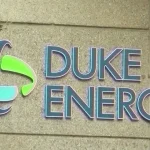
Duke Energy Sells Minority Stake in Florida Operations to Brookfield for $6 Billion
August 11, 2025
The High Cost of Wastewater and How Submetering Helps Consumers Save
August 26, 2025Desalination and Osmosis: What They Mean for Property Managers
What Is Desalination?
Desalination is the process of removing salt and other impurities from seawater or brackish water to make it suitable for human consumption, irrigation, or industrial use. As freshwater resources become increasingly strained, especially in coastal and arid regions, desalination has emerged as a crucial solution for reliable, clean water.
Modern desalination techniques, such as reverse osmosis, are energy-efficient and capable of supplying vast populations with potable water. While large-scale plants typically serve municipalities or utility providers, the technology’s impact reaches the heart of water management at the property level through submetering.
What Is Osmosis and Reverse Osmosis?
Osmosis is a natural process where water moves through a semi-permeable membrane from a region of low solute concentration to high concentration, aiming to balance both sides. Reverse osmosis (RO), on the other hand, applies external pressure to reverse this flow—forcing water through a membrane to remove salts, bacteria, and other contaminants.
Reverse osmosis is the core technology used in most desalination systems today, producing clean, drinkable water from previously unusable sources.
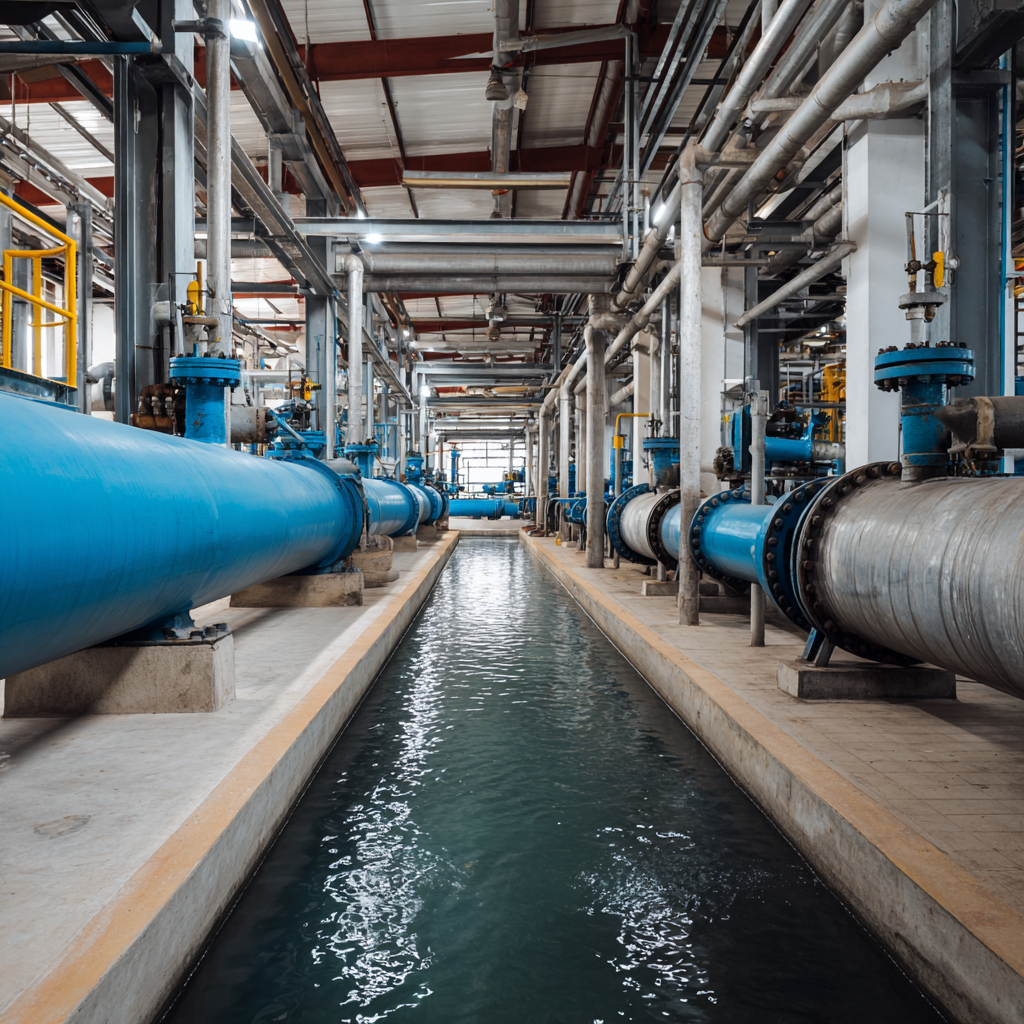
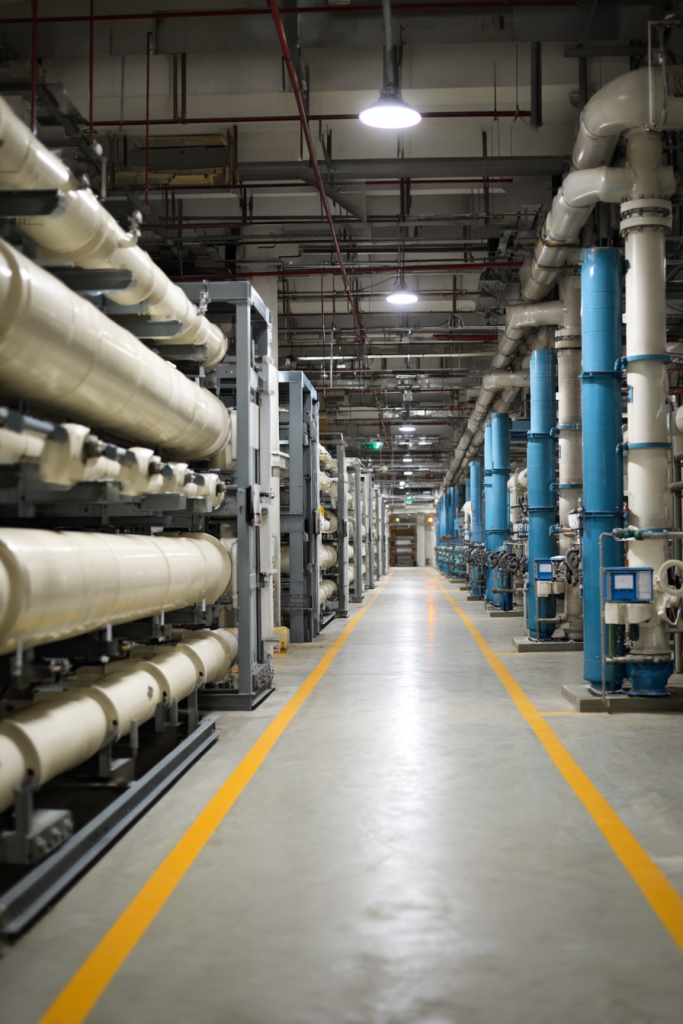
How Does This Relate to Submetering?
Submetering is the practice of measuring individual utility usage—such as water, gas, or electricity—at the unit level in multi-family properties, condominiums, and commercial buildings. As water becomes a more valuable and regulated resource, submetering helps property managers promote fairness, conservation, and cost recovery.
Here’s how desalination and osmosis tie into submetering:
Water Quality Consistency: With RO-treated water, impurities are removed, reducing pipe corrosion and extending the life of submeters and infrastructure.
Resource Management: In areas where desalinated water is used, it often comes at a premium. Submetering ensures that residents pay only for what they use, encouraging mindful consumption.
Data Transparency: For properties sourcing water from desalinated supplies, submeters help track how that purified water is distributed and consumed, aligning with conservation goals and sustainability reporting.
Why It Matters for Property Managers
As clean water becomes more expensive and sustainability regulations tighten, property managers must be proactive. Whether your community receives traditional municipal water or desalinated water, submetering puts control back in your hands. It offers:
Accurate Billing: Eliminate disputes and estimate-based billing by tracking exact usage.
Leak Detection: Monitor water flow to identify leaks early and prevent costly damage.
Resident Accountability: Encourage conservation by letting residents see and pay for their actual usage.
Long-Term Savings: Protect infrastructure with high-quality water and reduce waste with precision monitoring.
Partner with Experts in Water Submetering
Think Utility Services offers industry-leading submetering solutions for properties of all sizes. Whether your building uses municipal, well, or desalinated water, we provide the tools and technology to optimize usage, billing, and sustainability.

